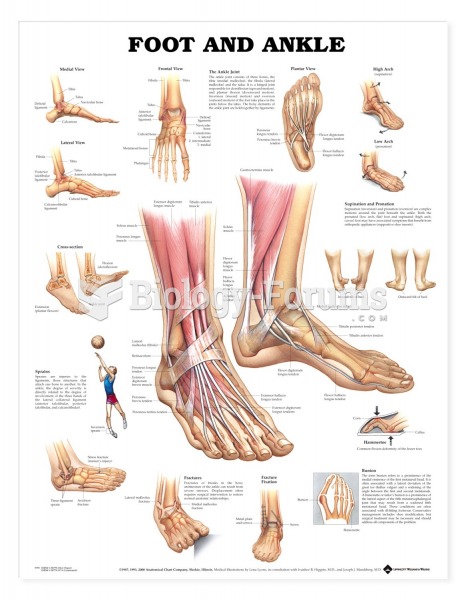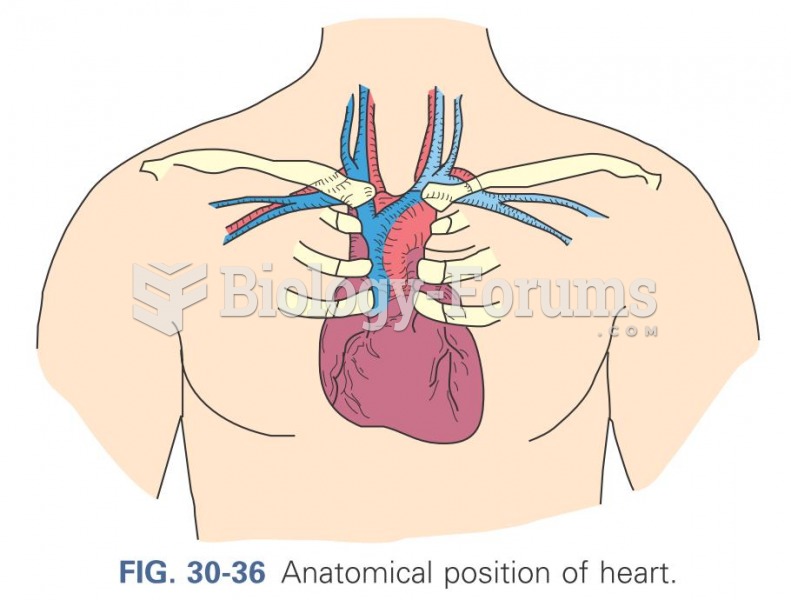Answer to Question 1
a
Answer to Question 2
Treatment approaches vary greatly across neurocognitive disorders as these disorders have many different causes and associated symptoms. The major interventions have been rehabilitative, medical, and psychological. Most treatment programs are comprehensive, and they provide patients with a combination of medication, rehabilitation, therapy, and environmental modifications.
Rehabilitation services such as physical, occupational, speech and language therapy help individuals relearn skills or compensate for lost abilities. These interventions focus on strengths and deficits, and a person's commitment to and participation in rehabilitation plays a key role in recovery. Brain imaging techniques are used to document brain changes achieved thorough rehabilitation.
Medications are dispensed according to the disorder being treated to help prevent, control or reduce the symptoms of some neurocognitive disorders. Sometimes medications are used to control emotional problems that accompany cognitive impairment. Cognitive-behavioral therapy is used to reduce the frequency or severity of problem behaviors, such as aggression or socially inappropriate conduct, to decrease anxiety or depression, or to improve functional skills. They may also include simplifying complex tasks, such as dressing, eating, or personal hygiene. Dobkin, Allen, and Menza (2006) developed a treatment for people with Parkinson's disease that involves training in stress management, behavioral modification, getting sound sleep, relaxation techniques, and cognitive restructuring.
Lifestyle changes are important for preventing or reducing the effects of cognitive disorders. For example, the risk of stroke is reduced by avoiding smoking, obesity, and hypertension. Mental stimulation is also important in reducing risk for diseases such as Alzheimer's and in improving cognitive functioning for people who have dementia.
Environmental interventions include such things as modifying the environment to increase safety and comfort while decreasing confusion and agitation. Providing a supportive environment for those with neurocognitive and degenerative disorder helps these individuals with declining abilities feel happier, live with more comfort, and live with dignity. Family and friend support and contact enhance the lives of those with dementia as well. It's also important to provide support for caregivers who often feel overwhelmed, helpless, frustrated, anxious, and angry. Education about the disorders is important and social support and respite care for the caregivers is critical.







